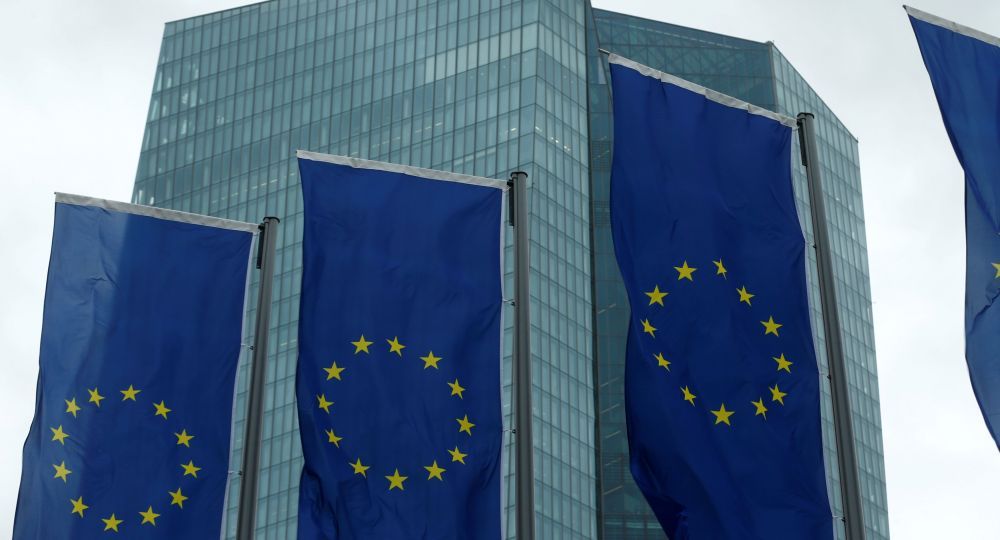The iNflation in the Eurozone increased a tenth in January, placing the year -on -year rate by 2.5%, above the forecasts, driven by the increase in energy, According to the preliminary estimate of Eurostat, the European Union Statistics Office (EU).
This increase marks the fourth consecutive month of the Consumer Price Index (CPI) in the Eurozone and represents the greatest increase since July last year.
The main factor behind this rebound was the increase in the price of energy, which rose 1.8% in January, compared to 0.1% recorded in December 2024, reaching its greatest increase since April 2023. In contrast, the services sector showed a slight moderation in its prices, with a growth of 3.9%, compared to 4% of the previous month. Meanwhile, non -energy industrial goods maintained their 0.5%increase.
Core inflation, which excludes energy, fresh food, alcohol and tobacco, remained at 2.7%, also exceeding estimates.
// The president of the ECB, Mario Draghi, said that the uncertainty about the inflation perspectives in the euro zone continue to go back.
Core inflation, which excludes energy, fresh food, alcohol and tobacco, remained at 2.7%, also exceeding estimates.
What are the countries with the highest inflation rate
By countries, Croatia (5%), Belgium (4.4%) and Slovakia (4.1%) registered the highest inflation rates, While lower price increases were given in Ireland (1.5%), Finland (1.6%), as well as in Italy and Malta, both with 1.7%.
Among the main economies of the block, harmonized inflation was 2.9% in Spain, 2.8% in Germany, 1.8% in France and 1.7% in Italy.
January 30, In its first 2025 meeting, the European Central Bank (ECB) met market expectations and reduced interest rates at 25 basic points, placing them at 2.75%, their lowest level since the beginning of 2023.
From ING they warn that, although inflation is expected to decrease throughout 2025, Uncertainty factors still persist. They point out that moderation in salary growth towards the end of the year could reduce internal inflation, but the recent increase in energy prices and the intention of companies to transfer these costs to consumers could maintain inflationary pressures.
How it impacts the imposition of tariffs on Europe
In addition, the possible imposition of tariffs by the United States to the EU generates concern about the response of the European Commission. “Retalia tariffs could increase inflation, since they usually translate higher prices for consumers, “they warn.
Given this panorama, uncertainty is still present and the great unknown is to what extent the ECB can continue to reduce interest rates to stimulate the economy without generating new inflationary pressures.
Source: Ambito
I am an author and journalist who has worked in the entertainment industry for over a decade. I currently work as a news editor at a major news website, and my focus is on covering the latest trends in entertainment. I also write occasional pieces for other outlets, and have authored two books about the entertainment industry.




